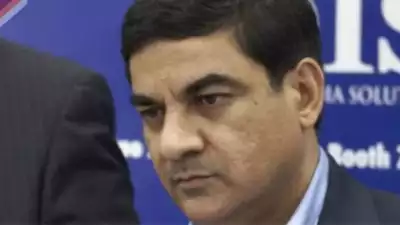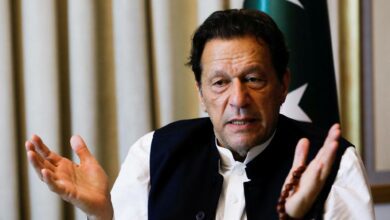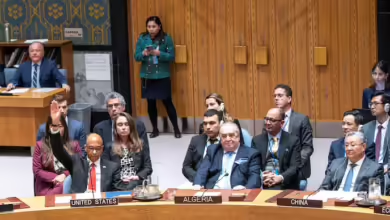A UK high court grants Sanjay Bhandari permission to challenge extradition on six grounds
Sanjay Bhandari, an Indian defense intermediary, has been given permission by a UK high court judge to challenge his extradition to India on six grounds, dealing a severe blow to New Delhi.
Bhandari (62), an Indian citizen residing in London, has been the subject of two demands for extradition from the Indian government.
In violation of Section 3 of the Prevention of Money Laundering Act, 2002, the Enforcement Directorate has made a request for an intended prosecution for an offense involving money laundering.

The second, filed by the income tax department on June 2, 2021, is about a planned prosecution for tax evasion offenses that violate Section 51 of the Black Money Act (BMA).
District Judge Michael Snow of Westminster magistrates’ court sent Bhandari’s case to Suella Braverman, the home secretary at the time, on November 7, 2022. Braverman issued an order for his extradition on January 12, 2023.
Judge Pushpinder Singh Saini allowed Bhandari to file an appeal against his extradition on Thursday. He cited three reasons: there isn’t prima facie evidence for either of the two charges he is accused of; it’s arguable that both of them are not extradition offenses; and he may not be granted bail in India. On October 24, 2023, Bhandari was granted permission to file an extradition appeal, citing poor jail circumstances in India, the BMA’s reverse burden of evidence, and the possibility of protracted trial delays. Later in the year, the whole appeal will be heard.
Bhandari, who offers manufacturers vying for defense contracts with the Indian government consulting services via his business, Offset India Solutions, made an in-person appearance in court wearing all black and departed grinning.
Saini only turned down one request, based on Braverman’s choice to extradite him.
Bhandari’s attorney, Edward Fitzgerald KC, contended that she ought to have released him because there was a chance he would face charges for additional offenses in India. He cited multiple allusions in the requests to Delhi police looking into a possible violation of the Official Secrets Act, 1923; the CBI looking into a possible plot to deceive and accept an unauthorized reward from a public servant; and the ED looking into additional money laundering offenses.
According to what the court heard, Bhandari’s Indian properties included “secret and confidential documents relating to the ministry of defence.”
Bhandari’s attorney, James Stansfeld, told the court that Snow had “misunderstood the Black Money Act offence in India” and had erred in assuming it was a fraud act offense, as well as in assuming income tax in the UK was the same tax. He said, “Almost wholly assets are what are being taxed.” “This jurisdiction does not have a comparable tax or corresponding offense.” He claimed that since Bhandari was not being cautious and was not being represented by counsel, the purported confessions he made during an income tax search of his property in India in April 2016 were not acceptable and were in fact “oppressive” interviews.
“He is accused of possessing undeclared assets outside of India, and he failed to declare these under the BMA,” Justice Saini said. There are no comparable offenses that I am aware of in this jurisdiction. I agree that he may be detained for years without being allowed to go free.







